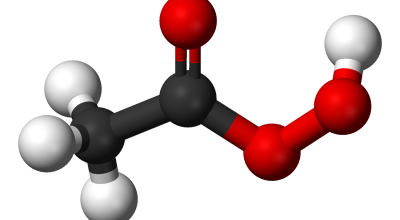Tech Connects: Ilan Stern
Ilan Stern, Principal Research Scientist in CIPHER; Head, Resilient Infrastructure and Supply Chain (RISC); and Director, Innovation Center for Research in Energy System Technologies (iCREST).
All-Solid-State Batteries
The DOD, DOE national laboratories, ARPA-E, and NASA are collaborating to reduce the cost, volume and weight of batteries while simultaneously improving battery performance (power, energy, durability) and resilience to abuse conditions and extreme temperatures. In addition to the current federal emphasis placed on battery and energy storage technology, the state of Georgia is positioned to become a regional and national leader in renewable energy technology. Manufacturing of electric vehicles and EV components is accelerating, especially in the Southeast. Tesla, Kia, Volkswagen, and Apple are just a few of the many companies contributing to the Governor’s Office push to establish Georgia as the technology innovation hub of the Eastern US.
All-Solid-State Batteries (ASSBs) have gained great attention due to their inherent safety advantages over conventional lithium (Li)-ion batteries, which use flammable liquid electrolytes and are vulnerable to Li dendrite growth when paired with Li metal anode. The focus of this research into is two-fold: from the bottom up, the fabrication of high-performance cells, and from the top down, a parametric model to envision insertion of this research into a feasible future circular economy.







